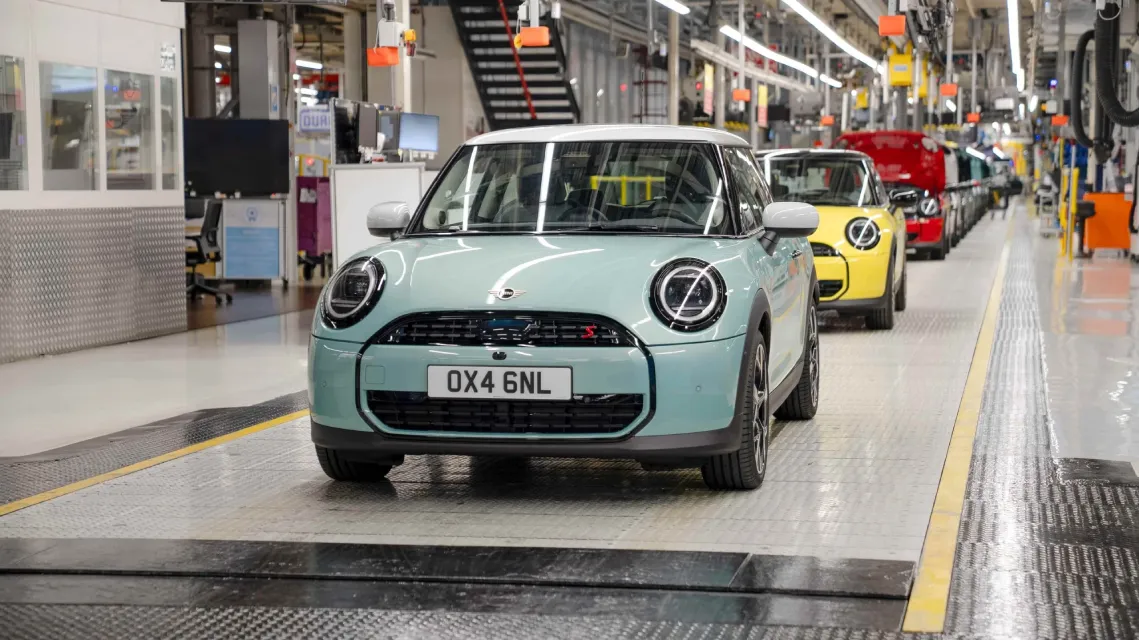

The troubles for car makers are laid bare by new figures which confirm output dropped by 48 per cent in July 2024. The sector also recorded a 14 decrease in employment opportunities, which is unfavourable to the nation. Year-on-year decline production rate of 4%, These are compounded problems emanating from supply chain management, international business risks, volatilities in the global economy and changing consumer behaviors. That is why the noted downturn came after a somewhat more stable period in the year, thereby demonstrating how precarious the shows’ state is.
Several factors have contributed to the decline in UK car production. Global supply chain disruptions, particularly in the semiconductor industry, have severely impacted manufacturers' ability to maintain consistent production levels. Despite efforts to mitigate the effects, the shortage of essential components like microchips has led to delayed production schedules and reduced output at many UK plants.
In addition to supply chain challenges, the ongoing economic uncertainty in the UK and across Europe has played a role in slowing demand for new vehicles. Rising interest rates, inflationary pressures, and concerns about a potential economic slowdown have made consumers more cautious about making significant purchases, such as new cars. This has affected both domestic sales and exports, further straining the production figures.
The decline in production has affected major automakers operating in the UK, including Nissan, Jaguar Land Rover, and BMW. These companies, which have large production facilities across the country, have had to adjust their operations to cope with the supply chain constraints. Some have implemented temporary shutdowns or reduced shifts to manage the shortfall in available parts.
Nissan, which has a major plant in Sunderland, has been particularly impacted by the semiconductor shortage, forcing the company to limit production on several key models. Jaguar Land Rover, another significant player in the UK automotive sector, has also faced disruptions due to the supply chain crisis, further exacerbating the drop in production.
The 14.4% decrease in car production in July raises concerns about the long-term health of the UK automotive industry. While automakers are working to resolve supply chain issues, the ongoing challenges may lead to a prolonged period of reduced output. This could have ripple effects across the industry, impacting employment, investment, and the UK's position in the global automotive market.
However, there is hope that the situation will improve in the coming months. Automakers are exploring alternative suppliers, investing in local production capabilities, and pushing for government support to help stabilize the industry. Additionally, as global supply chains begin to recover, production levels may gradually return to pre-crisis levels.
The 14.4% drop in UK car production in July 2024 highlights the challenges facing the automotive industry amid global supply chain disruptions and economic uncertainty. While the industry is working to address these issues, the road to recovery may be slow. As manufacturers continue to navigate these challenges, the focus will be on finding solutions to ensure the long-term sustainability of car production in the UK.
Also Read: